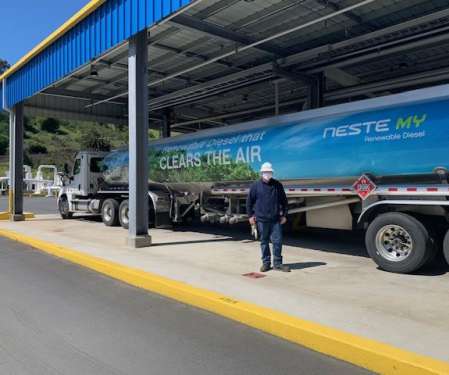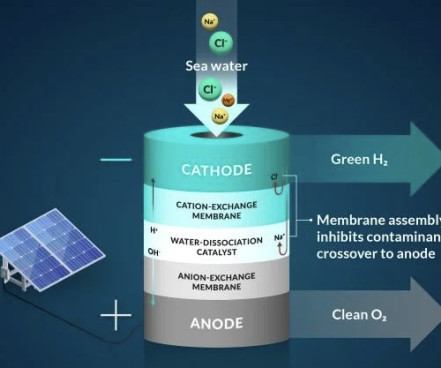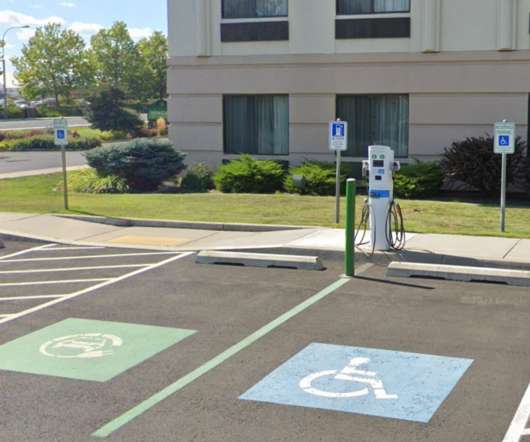Oregon State partnering with Daimler on fuel-cell electric Class 8 truck for SuperTruck 3
Green Car Congress
JANUARY 18, 2023
The work by Oregon State is part of $25.8 According to the DOE, the transportation sector is the US leader in carbon pollution among all economic sectors, accounting for nearly 29% of emissions. Later stages involve building a demonstration truck and testing it under highway conditions. Earlier post.).



































Let's personalize your content